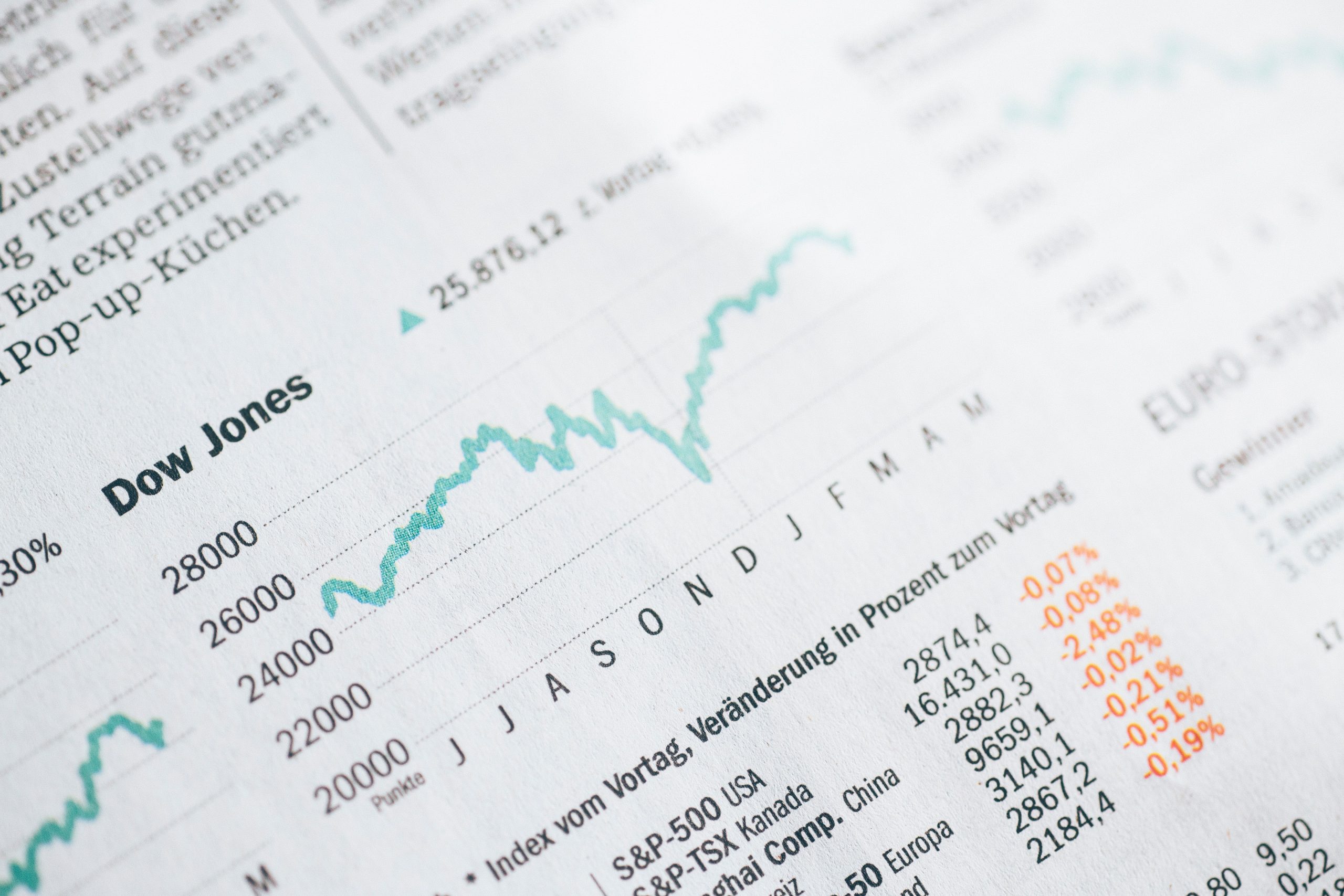The International Monetary Fund data on Tuesday warned of a slow recovery of global economy, stating that Eurozone economy will suffer a historic crash in 2020, but not as badly as first expected, reported AFP.
“Eurozone economy would contract by a staggering 8.3% this year, a free fall not seen since the 1930s Great Depression,” said the IMF.
However, this was an improvement on the 10.2% drop predicted in June and before the European economy stirred back into action over the summer months.
The international monetary body also warned that the economy would only expand by 5.2% in 2021, weaker than the 6.0% predicted in June.
The data for this year was better than the EU’s own July forecast that said the eurozone economy would plunge by 8.7% in 2020.
The European Union was far more optimistic for 2021, seeing a 6.1% expansion, nearly a full point stronger than the IMF’s forecast.
Also Read| India’s economy will shrink by a record 10.3%: IMF
According to the IMF, Spain would suffer the most with GDP sliding by 12.8% this year and Italy would crash by 10.6%. France will see 8.3% slide.
Germany, the continent’s export powerhouse, would see growth suffer by six percent this year, the IMF said, as demand from Asia remained sustained.
Non-EU Britain would see its economy shrink by 9.8% in 2020, with a 5.9 percent recovery in 2021, the fund said.
It noted that a failure to forge a trade deal by December 31 “would increase business costs and could disrupt long-standing cross-border production arrangements.”
‘Aggressive’ policy
The IMF said the situation could have been worse and commended European countries for a spending bonanza to blunt the economic shocks of the pandemic.
It singled out the EU’s 750 billion euro recovery package as the kind of measure that sends the right signal that the economy could be helped.
It also noted the historic measures taken by the European Central Bank, which have boosted the stock markets and crucially kept the borrowing costs of massively-indebted countries like Italy at historic lows.
“These aggressive policy countermeasures have played a vital role in supporting sentiment and preventing further amplification of the COVID-19 shock through the financial system,” the IMF said.
It also underlined that strength of the euro, especially against the globally dominant dollar.
In the April to September period, “the euro appreciated by close to four percent on improving economic prospects and slower increases in COVID-19 cases.”
The dollar weakened by about the same amount in the period, though a new peak of cases across Europe could change the dynamic.
The IMF said the slump in growth for Europe will be deeper than that of the United States, where the recession will only fall to 4.3 percent this year, with growth of 3.1 percent next year.
The downturns in Asia would be even more moderate in comparison, the IMF said.







